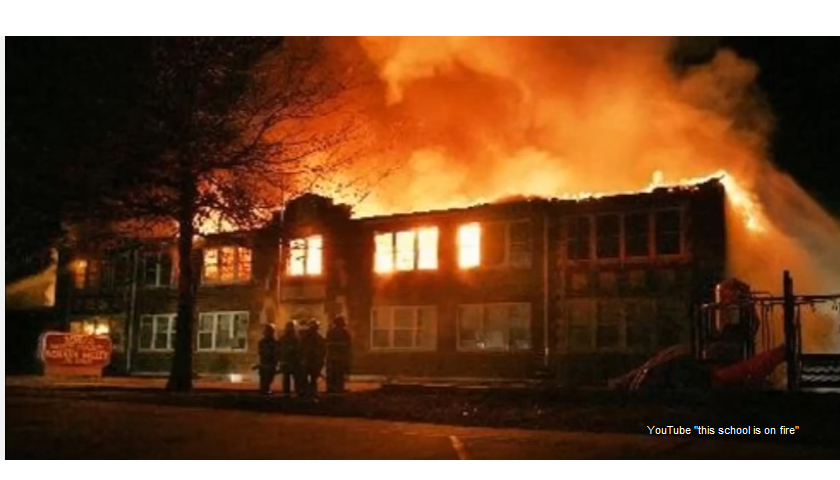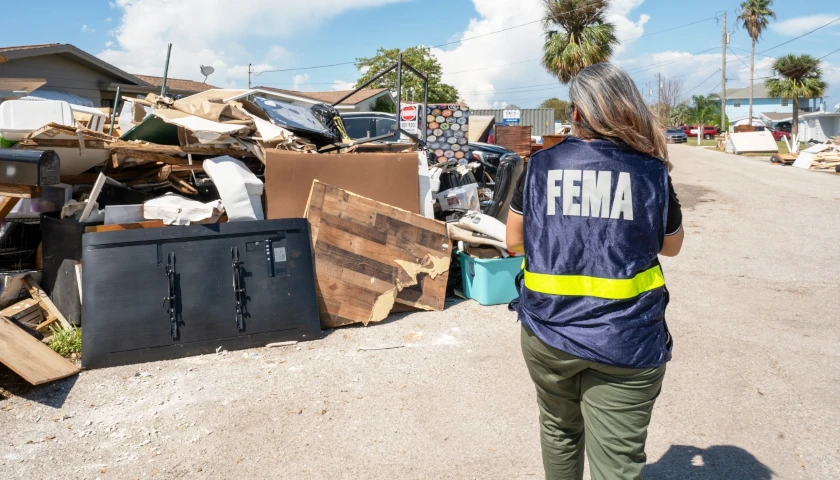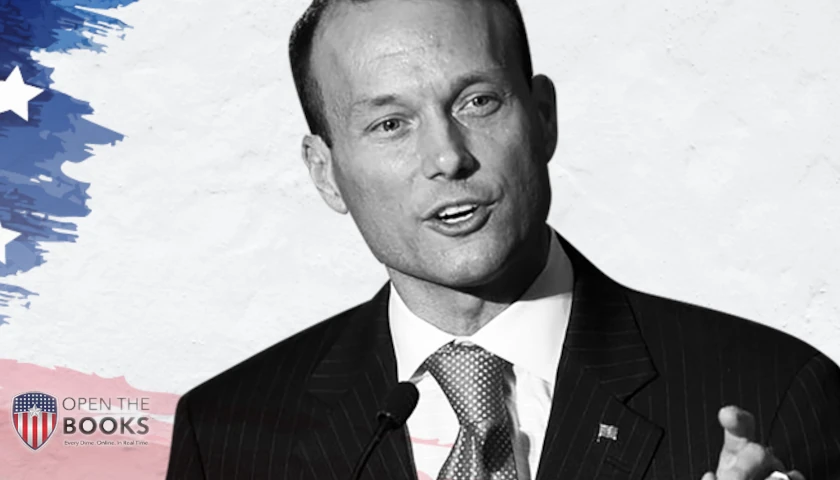Bill O’Reilly has gone on quite a killing spree. He has written books such as Killing the Rising Sun, Killing Reagan, Killing Patton, Killing Jesus, Killing Kennedy and Killing Lincoln. I think he should also write one called Killing Public Education.
Here is what is killing public education:
- A Culture of Disrespect is rampant in our schools. This can be created by a variety of reasons. Lack of respect for a profession, which is roughly 80% female. Too many people incorrectly believing that anybody can be a teacher. The very structure of our public education system, as well as the state of our society, often means educators are the major authority figure in many children’s lives. This necessitates that educators are on the frontlines of the culture wars. This result in an ugly fact: teachers provide the only correction or discipline some children ever receive. This leads to a negative perception of teachers and public education in general.
- The struggles that most educators face are daunting. Poverty is rampant in our nation and it is particularly obvious in our Southern states. One high school principal told me: “My school has very high poverty and mobility rates. We can’t continue to blame failure on teachers and principals. Families are failing and the evidence of that damage is clear. We love our students and are dedicated to them. Honestly, I don’t know what the answer is anymore. Eradicate poverty seems to be the obvious solution.” However, government has been trying to address this issue for well over 50 years. And it really hasn’t improved the situation. Family structures are being redefined and crumbling.
- We have become so driven by standards, testing and accountability that we have lost sight of what truly matters: children and those who educate our children. Testing has become big business; it is no longer merely a snapshot on a child’s progress. Data is the gold standard. We care more about what data tells us, than what a teacher tells us. And what do we know about the people creating the tests and interpreting the data? Data is not more important than children, or those that teach them. British Prime Minister Benjamin Disraeli said: “There are three kinds of lies: lies, damned lies, and statistics.” Perhaps we are not looking at the right statistics.
Educators know what needs to be done to improve education. Unfortunately, their voices have too often been replaced by philanthropists, business leaders and outside organizations. Often these “outside influencers” are driven by poor understanding of the issues, self-serving interests or in some cases greed.
The argument often used to counter the power of educators is that public education needs to be run more like a business and be more efficient. These arguments often fail to consider the “inside influencers” of district policy, state policy, and federal rules, laws and controls which often end up essentially micro-managing our local schools.
If we do not want to kill public education, the teaching profession must be elevated in stature. Educators must be seen as community leaders both inside and outside of the classroom. Far too often the voices of classroom teachers are not included in the decisions that impact their livelihood or their students. Few occupations are given so little say in their chosen field.
Let’s not wait until the autopsy or until Bill O’Reilly writes another book to explain that educators must be given a more active role in determining the policies that concern their students and the teaching profession. It is imperative that that we accept and nurture the teacher-leaders we already have and look to them for the guidance we need to improve education.
##
JC Bowman is the Executive Director of Professional Educators of Tennessee, a non-partisan teacher association headquartered in Nashville, Tennessee. Follow him on Twitter @jcbowman. Permission to reprint in whole or in part is hereby granted, provided that the author and the association are properly cited.






Your commentary begs the question, “Why are we, as a society, educating our children?” Do we educate for the sake of the child, the family, teachers, businesses, government, society? I don’t think most people realize that our current public school structure is only 100 years old. Or that educational trends in this country tend to follow workplace and business trends.
We have seen numerous experiments since we began mandating education for all children, presumably as a stepping stone toward literacy, out of poverty, into a good job and toward productive citizenry. But your article seems to say that is no longer the case. You imply a disrespect at all levels (students and parents toward teachers, administrators toward teachers, and teachers toward parents).
But, again historically, as a society, led by industrialization, we brought the family off the farm into the city, put first dad, then mom into the factory or cubicle, placed children in buildings that are exact replicas of said workplace, watched as 50% of the family units disintegrated, pursued state intervention in mandates on progress and accountability (thereby reducing the role of parent and teacher) and now we wallow in the blame game.
As more families find their voices and leave our public schools, as more businesses create their own schools to meet their future needs, as the average person on the street has a tough time answering basic questions about our great country and it’s history, I think it is time to ask ourselves once again, “Why are we, as a society, educating our children?” If we gain clarity on the “Why”, much of the remainder will fall into place.
Union light. Defeatist pandering. Let’s work together on solutions. Change is coming. Crying about poverty and respect is the union’s job. I want a real professional association.
Jane:
I am not crying about poverty. It is a fact. If a kid doesn’t have food in his/her belly….he/she probably will not be a good student. Since you are not a Tennessee resident, you may not have noticed. But according to the United States Department of Agriculture (USDA), 15.3 million children under 18 in the United States live in households where they are unable to consistently access enough nutritious food necessary for a healthy life. These 8 states have statistically higher food insecurity rates than the US national average (14.6%): Arkansas (21.2%), Mississippi (21.1%), Texas (18.0%), Tennessee (17.4%), North Carolina (17.3%), Missouri (16.9%), Georgia (16.6%), and Ohio (16.0%). More than 1 in 5 children is at risk of hunger. Among African-Americans and Latinos, it’s 1 in 3 according to the USDA. As far as my Association, Professional Educators of Tennessee, we are a 501(c)6. We are not a union, we do not endorse political candidates or use our members dues for candidates or political parties. When the voices of those closest to the students are more amplified you may see change. Yes, I believe in collaboration, because no person, including me, has all the answers. ~JC